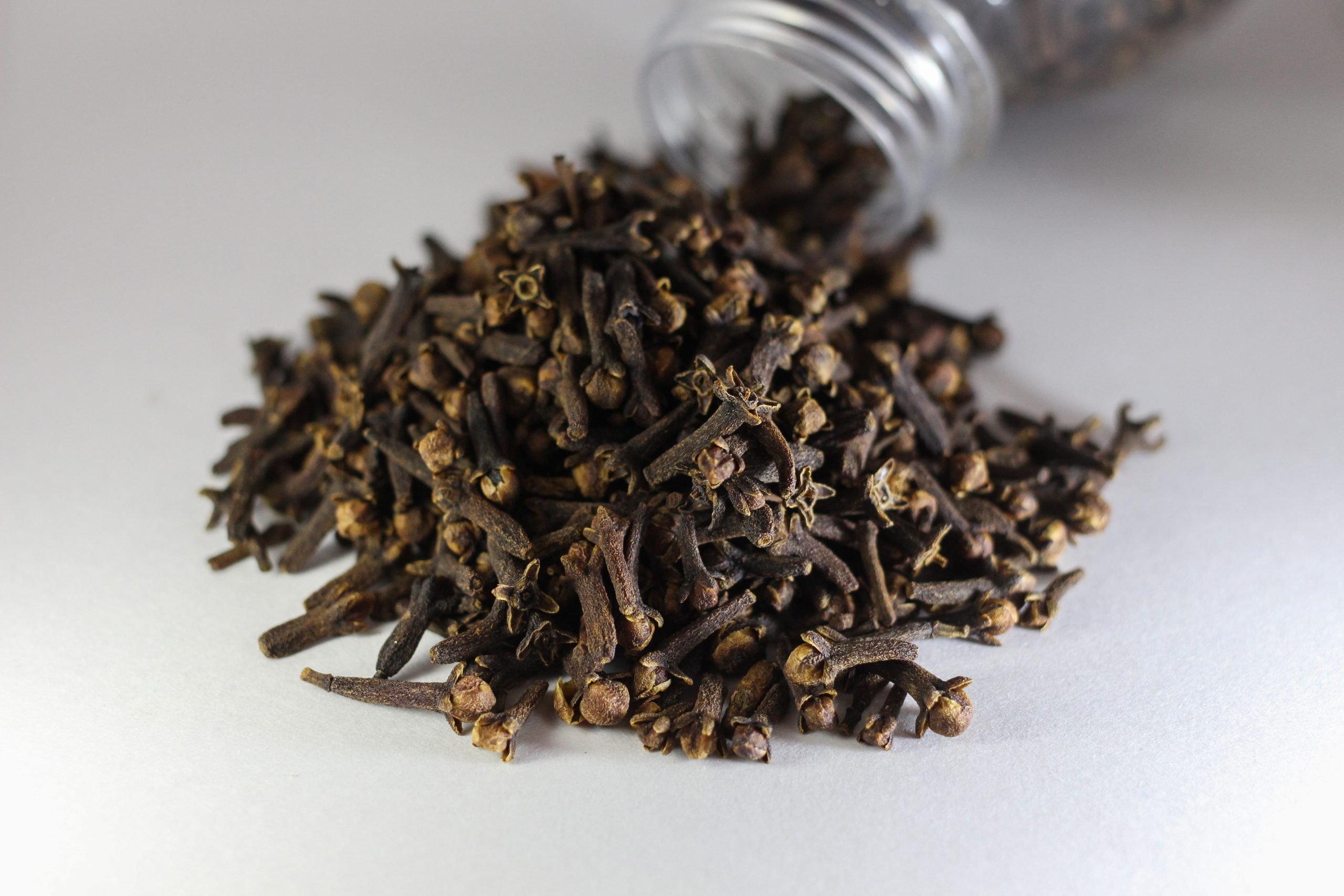Milk thistle is a natural herb that’s been used for centuries for its medicinal properties. Known primarily for its benefits to liver health, milk thistle also holds potential in areas like skin health and blood sugar control. Despite these potential benefits, milk thistle may have some side effects. In this detailed post, we’ll dissect the possible side effects of milk thistle. Let’s dive in! 👩🏫🔍
1. Gastrointestinal Issues 🚽
Milk thistle can sometimes lead to gastrointestinal disturbances like nausea, bloating, gas, and upset stomach. These side effects are generally mild and subside on their own with continued use. However, if they persist, it’s best to stop usage and consult a healthcare provider. 🍽️🔥
2. Allergic Reactions 🤧
As milk thistle is a member of the same plant family as ragweed, daisies, and marigolds, people with allergies to these plants might also be allergic to milk thistle. Symptoms of an allergic reaction could include skin rash, hives, swelling, and difficulty breathing. If you have known plant allergies, consult a healthcare provider before starting milk thistle. 🌾🌼
3. Diuretic Effects 💧
Milk thistle may have a mild diuretic effect, meaning it can increase urine output. While generally not a concern, it could potentially lead to dehydration if fluid intake isn’t adequately maintained. Staying hydrated is key! 🚰🚽
4. Blood Sugar Levels 🍭
While milk thistle is often used to help control blood sugar levels, it’s important to note that it could potentially cause hypoglycemia (low blood sugar) in people with diabetes who are also on blood sugar-lowering medication. If you’re managing diabetes, consult your healthcare provider before starting milk thistle. 🩸🔬
5. Hormonal Impact 🔄
Milk thistle can mimic the effects of estrogen in the body, which could potentially cause complications for people with hormone-sensitive conditions, such as breast cancer, uterine cancer, ovarian cancer, endometriosis, or uterine fibroids. Always discuss with your healthcare provider if you have such conditions. 👩⚕️🧬
6. Interaction with Other Medications 💊
Milk thistle may interact with certain medications, including allergy medicines, cholesterol-lowering medications, and anti-anxiety drugs. If you’re on medication, it’s crucial to discuss any new supplement regimen with your healthcare provider to avoid potential interactions. 💊🔄
Conclusion 🏁
Milk thistle is a powerful herb with several health benefits, but like any supplement, it’s important to be aware of potential side effects. Always consult with your healthcare provider before starting any new supplement, especially if you have pre-existing conditions or are on medication. Health decisions are best made with informed, personalized advice. Stay healthy and informed! 🌈💪
Join Our Facebook Community 🤝
Want to know more about herbs, nutrition, and wellness? Join our Facebook group, EatLo. This is a space where health enthusiasts share insights, experiences, and the latest scientific findings. Click here to join the EatLo Facebook Group. We’re excited to welcome you! 🎉👋
Tags: milk thistle, side effects, gastrointestinal issues, allergies, diuretic effects, blood sugar, hormones, medication interactions.










